Shirley MacLaine: Enlightened
From reincarnation to gender dysphoria to what went wrong with The Children’s Hour, Shirley MacLaine has a strong opinion on just about everything
Shirley MacLaine would prefer you not know something that happened one night during her live show. Suffice it to say: “A guy got up on the stage and wanted to make out with me.” The rest of the story will remain off the record.

“Don’t herald that because I’m not looking forward to it possibly happening again,” she says, adding, in mock exasperation, “That’ll be the day.”
It’s unlikely Washington audiences would be quite as bold as MacLaine’s spontaneous suitor when the Oscar-and-Emmy-winning legend brings An Evening with Shirley MacLaine to The Music Center at Strathmore this Saturday, May 9th. Part 48-minute film of “everything in my life” including “the movies, the dancing, the singing, the musicals, the politics, the books, the travels,” and part free-form conversation with the audience, MacLaine enjoys doing the show, which she performs about seven times a year. “I love the interaction,” she says, her voice spry and winsome. “It’s always different depending on who’s in the audience. They can ask me anything they want.”
Raised in Arlington, Virginia, as Shirley MacLean Beaty (her brother Warren, added a “t” and took the latter name for his own film career), MacLaine had dreams of being a world-class dancer, but soon abandoned the rigors of ballet for movie acting. She was a natural, winning a Golden Globe out of the gate for The Trouble with Harry, Alfred Hitchcock’s 1955 black comedy about a corpse that won’t stay buried. A naturally luminous presence onscreen, MacLaine could convey equal parts ebullience (that smile!) and deep, dramatic pathos, within the same role. Modern cinema is stockpiled with parts made indelible by MacLaine — Sweet Charity, The Apartment, Postcards from the Edge, Irma la Douche, Being There, Terms of Endearment, Steel Magnolias.
“I think everybody would like to have the right to be that obstreperous and curmudgeon-like when they get older,” she says of the cranky Ouiser Boudreaux, the role she stole nearly every scene with in Magnolias. “I like to think I was rehearsing for my old age in that part.”
Recently, the 81-year-old MacLaine guest-starred on the British phenomenon Downton Abbey, as Elizabeth McGovern’s brash American mother — the perfect counterpart to Maggie Smith’s prim yet judgmental Dowager Countess of Grantham. It was a role MacLaine relished.
“I remember we did a press conference a few years ago and the guys were asking me what I thought of Maggie Smith,” she recalls. “I said I adored her. And then I found myself saying — and I don’t know why and I’m not saying this is true — but I said, ‘Oh, yeah, Maggie and I were lovers in another life.’ ”
Past lives. The topic has been a defining part of MacLaine’s public persona, and her interest in mysticism, reincarnation and spirituality has been well-logged in both the press and her books. She doesn’t mind when people criticise her for it (“I like it when it’s funny”) and is even willing to make fun of herself, as she did in Albert Brooks’s afterlife comedy, Defending Your Life, as the host of the “Past Lives Pavillion.” But to MacLaine, reincarnation is serious business.
“I think we have hard proof of the reincarnative experience,” she says. “I’ve known people who have taken me to places that they lived 3,000 years before. I‘ve done a lot of research in this which seems like hard evidence to me.” She pauses. “To somebody else it might seem absolutely crazy.”
Still, she notes “reincarnation is a spiritual truth. That’s why the whole notion of war is so ridiculous, because nobody ever dies. All you’re doing is incurring Karma for yourself by killing somebody. So war is ridiculous.”
She continues: “Spirituality isn’t about religion. It’s about the science and understanding of the spirit and the soul. That’s why it’s been so interesting to me for so long.”
MacLaine believes that “the soul itself is androgenous. [It’s] an equal balance of yin and yang, of male and female. So whatever adventure you’re going to have in your physical third-dimensional life, you’re using the talent that the soul possesses, which is to be either.”
But what of those people who feel a disparity in their gender, as if a mistake had been made. Have their souls been put into the wrong gender?
“First of all you’re not put into,” she’s quick to correct. “The soul makes it own decision. Everybody elects to be born what they desire to experience, including conflict.” She elucidates, using Bruce Jenner’s recent revelatory interview with Diane Sawyer as an example.
“He’s saying he’s born into the wrong body. Well, he chose to be an example — a kind of trigger point for understanding many, many other millions of people’s problems. The power of the soul to make the decision as to what it wants to come in as — it’s what we have completely eliminated in our understanding of spirituality.
“It’s not a mistake,” she continues. “It’s an absolute intentional thing. He’s now dealing with what he thinks is a mistake. But when he comes into his own understanding…he has the power to help other people understand that they were empowered to do the same thing. He has the power to…be whatever he wants to be. And some of it includes conflict, some of it includes painful subjects. We all have to learn how to deal with that kind of philosophical pain that he talked so brilliantly about in that interview.”
One wonders if, over the course of her spiritual explorations, MacLaine, who admits a preference for “wearing mannish clothes,” ever encountered a past life where she, in fact, was gay?
“Was I ever a man? Was I ever confused about being a man? Was I ever gay? I think, absolutely,” she says. “I think we all have been around that block many times. And I think the confusion is what has inundated our judgment — and we don’t like confusion. We don’t even realize how much confusion and the working out of conflict and confusion helps the society in general. I don’t know where it came from that there is only male and female. Where does it say that?
“We’re multi-sexual, multi-talented, multi-philosophical, multi-racial — we’re multi everything, so let’s get everybody into the act. [But people can’t] because they’re not in touch with the androgeny of their souls. They’re not in touch with how powerful they are to experiment with anything they want.”
MacLaine has never played gay on-screen, but she came close in William Wyler’s 1961 adaptation of Lillian Hellman’s gripping, controversial play, The Children’s Hour. She took on the role of Martha, soft-spoken teacher at a school for girls whose life is savaged over accusations of impropriety — notably, an alleged lesbian affair between Karen and Martha, drummed up by an angry student. Yet, in Hellman’s original version, there was truth behind the girl’s rumor. Watered down from Hellman’s searing stage version, the film is deliberately vague about Martha’s affections for her friend Karen, magnificently portrayed by Audrey Hepburn. And the dilution is a point that irks MacLaine to this day.
“That film is not as amazing as it should have been because Willy Wyler cut out the scenes between Karen and Martha,” she says, stridently. “He cut out the scenes of me caressing Karen’s hair, brushing her hair, hugging her — all the examples of love. He cut them out because he thought it was too much. Why he wanted to do the film at all without doing it completely, I don’t know. But it was a mistake.”
The Children’s Hour ends devastatingly for Martha. In today’s world, however, Martha wouldn’t have any problems whatsoever. In fact, she might even suggest propose to the woman of her dreams. And MacLaine marvels at the whole idea of same-sex marriage and the speed with which it’s overtaken society.
“What’s gone on with same-sex marriage is the fastest understanding of social events ever,” MacLaine says. “It’s happened faster probably than anything ever in America. Name me something that’s happened faster with the Supreme Court. Women’s right to vote took much longer. Socialized medicine has never happened. Look how fast this same-sex philosophical argument is being met.”
As to why, well, MacLaine has an answer for that.
“Because everybody knows it’s time!” she exclaims. “Everybody is on some level in touch with the yang and yin inside of them. And everybody thinks — at least in our society, mainly — that people who love each other should have the chance to be together legally.
“Everyone should want to be able to marry who they want to,” she continues, adding with a laugh, “even a couple of alligators, if they want to. Of course, they’d get married lying down. And be very peaceful, with no teeth and no biting — until they’re sure of themselves.”
Shirley MacLaine appears in An Evening with Shirley MacLaine, Saturday, May 9, at The Music Center at Strathmore, 5301 Tuckerman Lane, Bethesda, Maryland. Tickets are $35 to $85. Call 301-581-510 or visit strathmore.org.
Support Metro Weekly’s Journalism
These are challenging times for news organizations. And yet it’s crucial we stay active and provide vital resources and information to both our local readers and the world. So won’t you please take a moment and consider supporting Metro Weekly with a membership? For as little as $5 a month, you can help ensure Metro Weekly magazine and MetroWeekly.com remain free, viable resources as we provide the best, most diverse, culturally-resonant LGBTQ coverage in both the D.C. region and around the world. Memberships come with exclusive perks and discounts, your own personal digital delivery of each week’s magazine (and an archive), access to our Member's Lounge when it launches this fall, and exclusive members-only items like Metro Weekly Membership Mugs and Tote Bags! Check out all our membership levels here and please join us today!





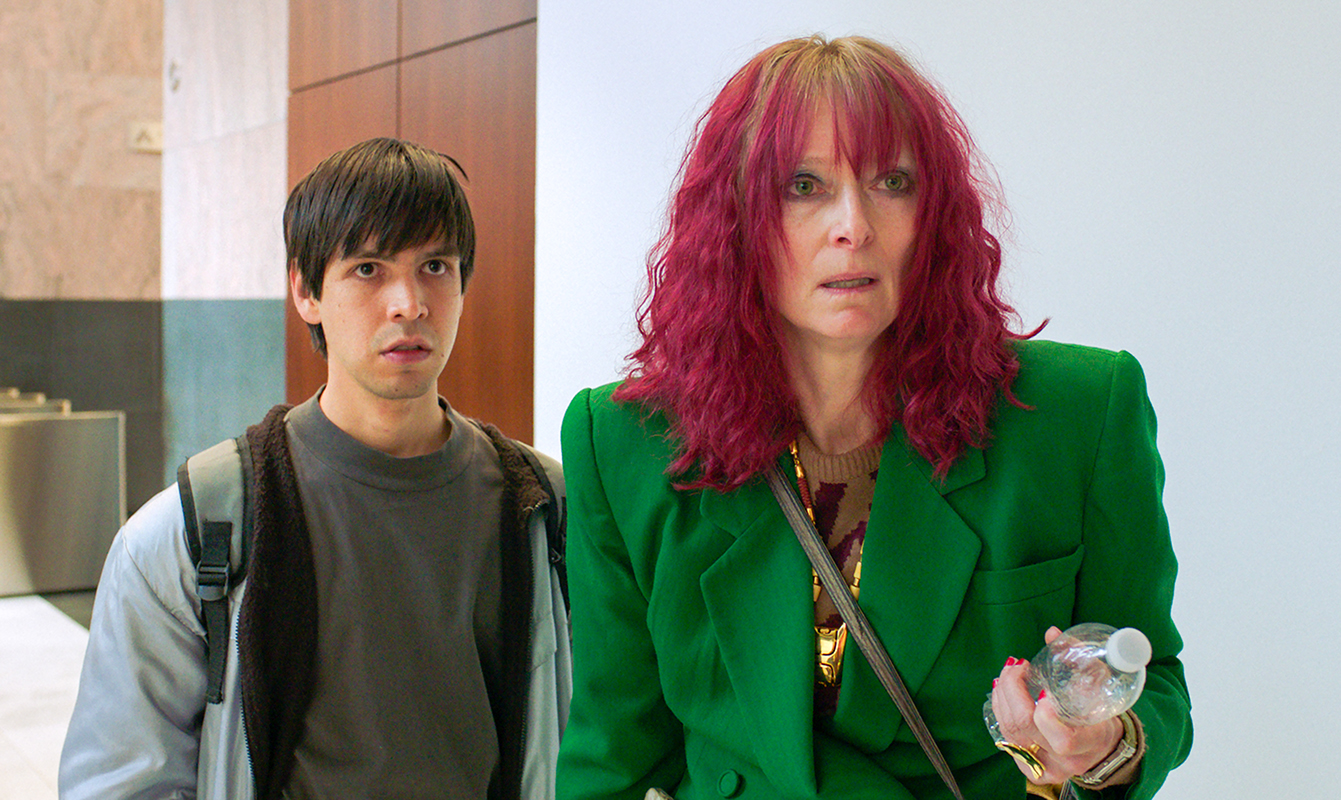
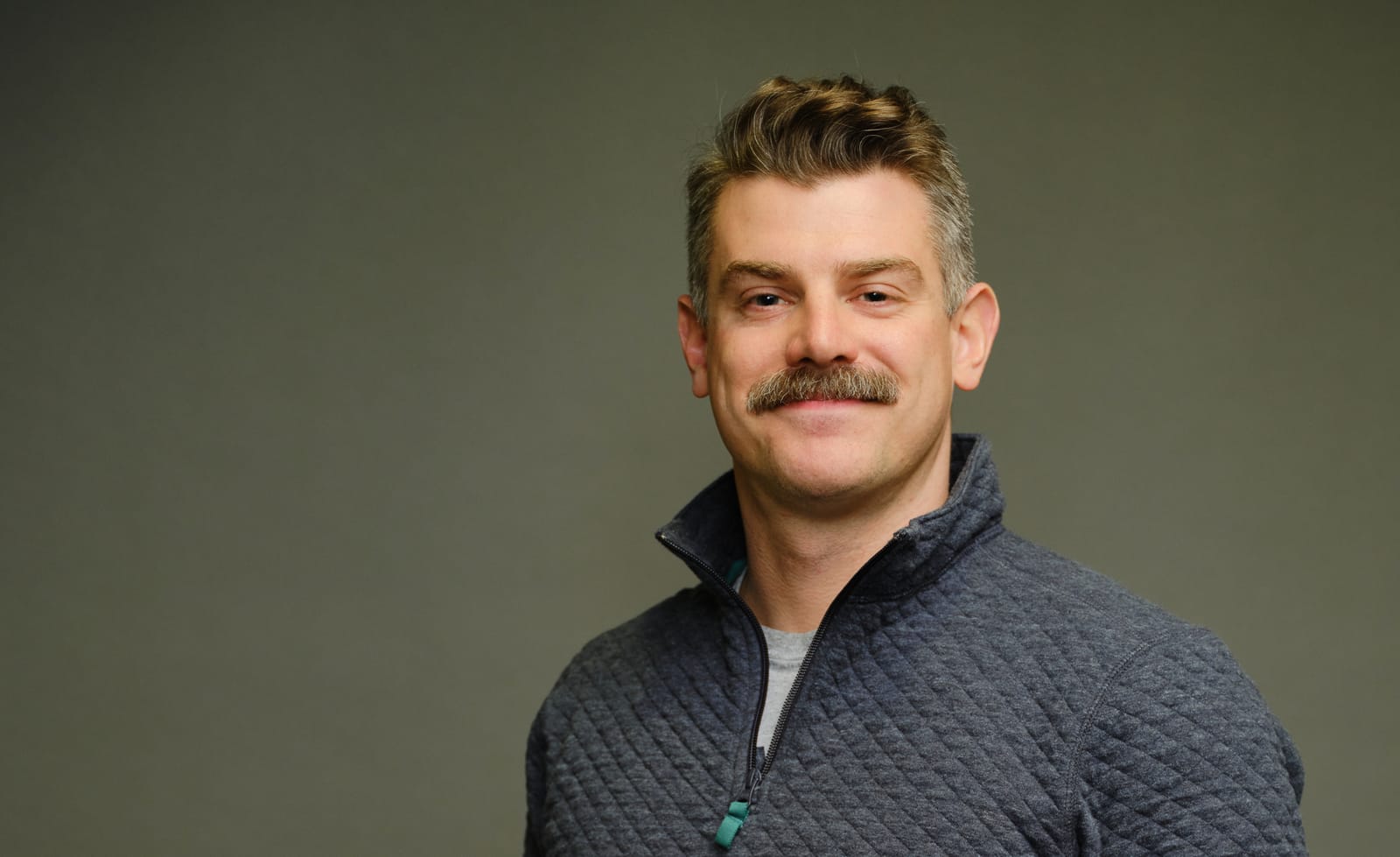















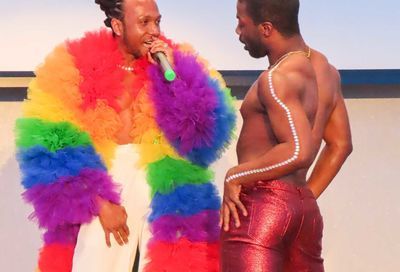
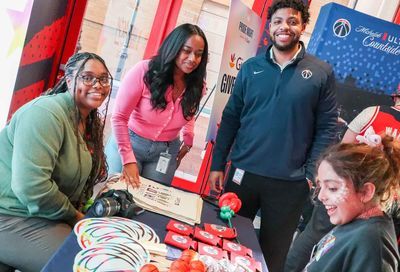
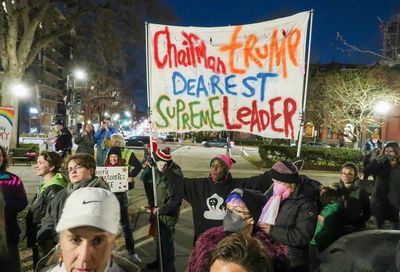
You must be logged in to post a comment.